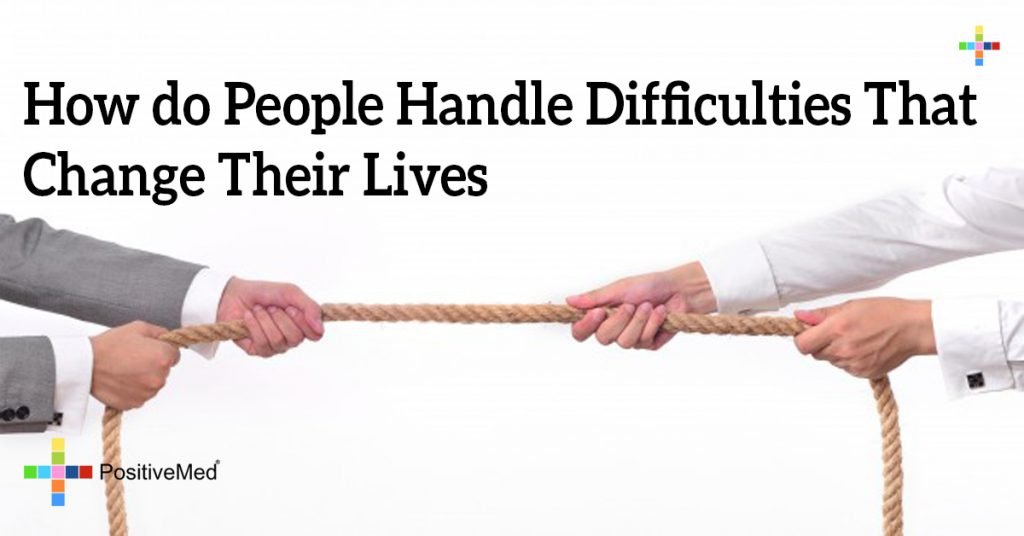
How do People Handle Difficulties that Change Their Lives
By: Andre Carvajal
Edited By: Stephanie Dawson
How do people handle difficulties that change their lives? How do people react to traumatic events like the death of a loved one, loss of a job, the rise of disease, a terrorist attack, natural disasters, or other catastrophic situations?
Generally people adapt over time to situations that dramatically change their lives and increase anxiety levels. What is the factor that allows a person to adapt? Its important to develop resilience, the capacity to adapt and overcome adversity. Resilience is something that can be learned through time and effort, this is a conscious decision rather than automatic.
Resilience is the process of adapting to adversity, trauma, tragedy, menace, or significant tension created by family or personal issues, disease, financial or job problems. Literally resilience means to rebound from one hard experience, not to be absorbed by it.
Resilience is an ordinary characteristic of everyone, its not extraordinary. One example of resilience could be the individual efforts of people reconstructing their life after the 9-11 attacks.
To be resilient doesn’t mean a person won’t experience difficulties or anxiety. Emotional pain and sadness are common in those who suffer from adversity or trauma. The road to resilience is full of obstacles that affect our emotional state.
Resilience includes behaviors, thoughts. and actions that can be learned and developed by anyone.

A combination of factors help develop resilience. There are studies that show one of the factors in resilience is strong relationships of care and support within the family and other social support. Relationships surrounded by love and confidence that provide effective role models and that offer stimuli and security will help develop resilience. Some factors associated with resilience are:
• Capacity for making realistic plans and following steps to make them reality
• Positive perception of ourselves and confidence in strengths and skills
• Communication and problem-solving skills
• Capacity for dealing with strong, sometimes negative impulses and feelings
Some ways to build resilience:
• Strong relationships- Its important to build strong and significant relationships with friends and relatives. Being part of support or recreation groups helps. To give support and help to others is a way of building strong relationships.
• Avoid belief that crisis is inevitable- Events will happen that create tension. The way we interpret and react to these events determines the outcome of the crisis.
• Accept change as essential- Its possible that because of the situation you will be unable to meet your goals. Accepting circumstances you cannot change makes the difference.
• Move toward your goals- Develop realistic goals, try to do something regularly that allows you to be closer to your dreams and goals.
• Take action- In hard moments do the best you can, if you need to do something radical for your well-being, don’t hesitate.
• Look for opportunities for discovery and growth- If you try to learn something by yourself, or to make changes in your life because of difficulties you will increase your personal strength.
• Cultivate a positive vision of yourself- Try to develop confidence in your ability to resolve problems. Trust your instincts.
• Keep things in perspective- Even though you are handling painful events consider the cause of tension in a wider context and see things in long-term perspective.
• Never lose hope- An optimistic perspective on things will attract positive vibes and things to your life. Try to visualize what you want, instead of worrying about what you fear.





